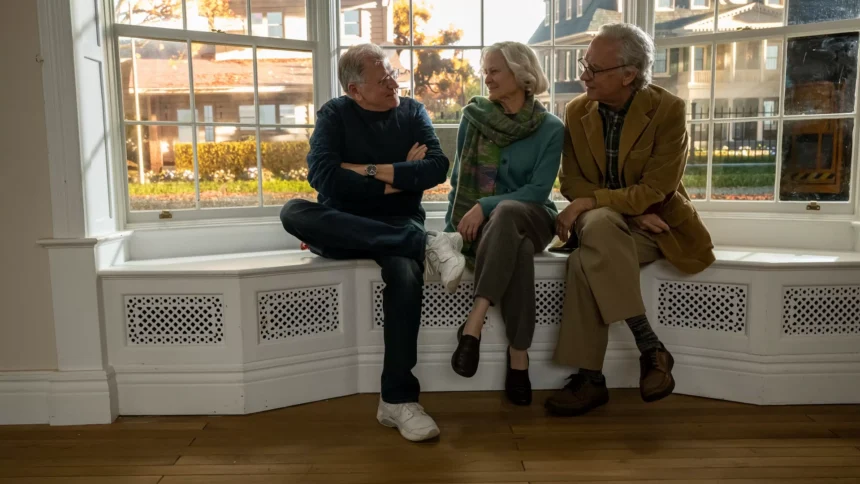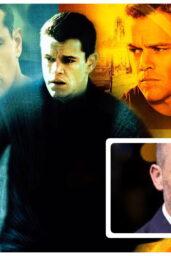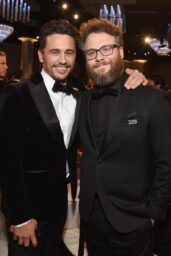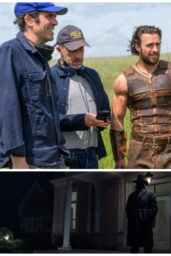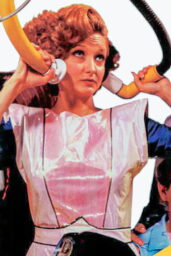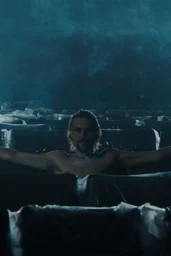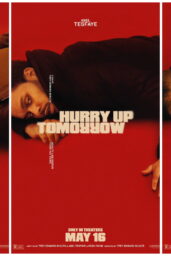Robert Zemeckis' highly anticipated film ‘Here' premiered at the AFI Film Festival, but initial reactions have been far from favorable. This ambitious project, with an estimated budget of $80 million, has garnered a slew of negative reviews from prominent outlets such as IGN, The Hollywood Reporter, Variety, and more. The only glimmer of positivity comes from IndieWire's Ryan Lattanzio, who awarded the film a “B” grade.
Scheduled for release on November 15, ‘Here' stars Tom Hanks and Robin Wright in a groundbreaking narrative that spans centuries, all shot from a single point of view without any camera movement or zooms. The film is based on Richard McGuire's graphic novel and explores the history of a single room and its inhabitants, from the Paleolithic era to a distant future.
A notable aspect of the film is its use of deepfake technology, developed by the effects studio Metaphysic, which allows for real-time de-aging of actors. This innovative approach aims to create a seamless portrayal of Hanks and Wright as they meet as teenagers and age into their 80s.
Despite Zemeckis' illustrious career in the 1980s and 1990s, with classics like ‘Back to the Future' and ‘Forrest Gump,' his recent films, including ‘Pinocchio' and ‘The Witches,' have struggled to resonate with audiences and critics alike.
As the film industry evolves, it remains to be seen whether Zemeckis can reclaim his former glory or if ‘Here' will be another misstep in his filmography.
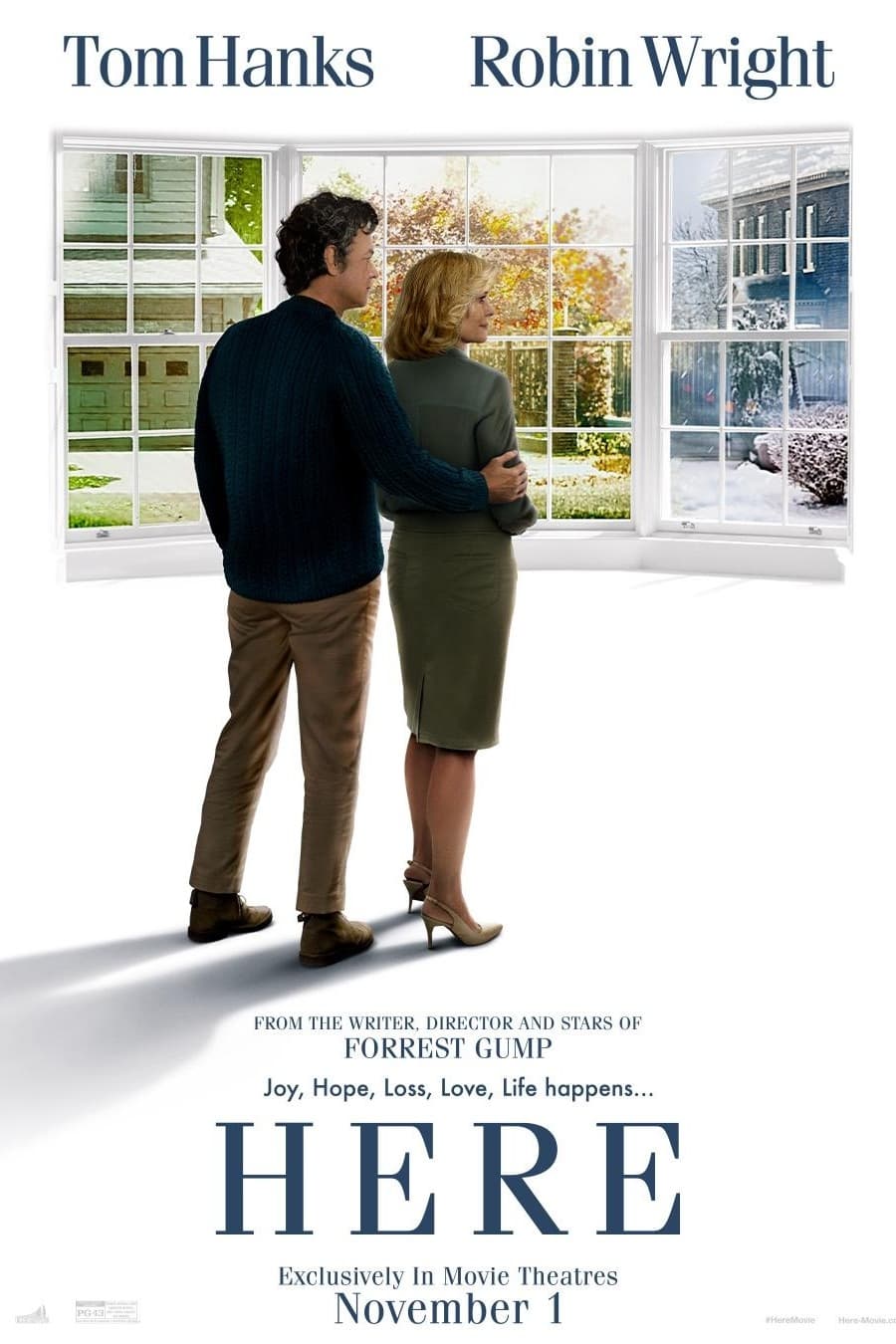
While the concept of ‘Here' is undeniably intriguing, the mixed reviews suggest that Zemeckis may have bitten off more than he can chew. The ambitious nature of a single POV narrative is a bold choice, but it risks alienating viewers if not executed flawlessly. The use of deepfake technology is a fascinating development, yet it raises questions about authenticity in storytelling. As a fan of Zemeckis' earlier works, I hope he finds a way to blend innovation with engaging narratives in future projects.
Do you believe that the use of deepfake technology in films like ‘Here' enhances storytelling, or does it detract from the authenticity of the actors' performances?

